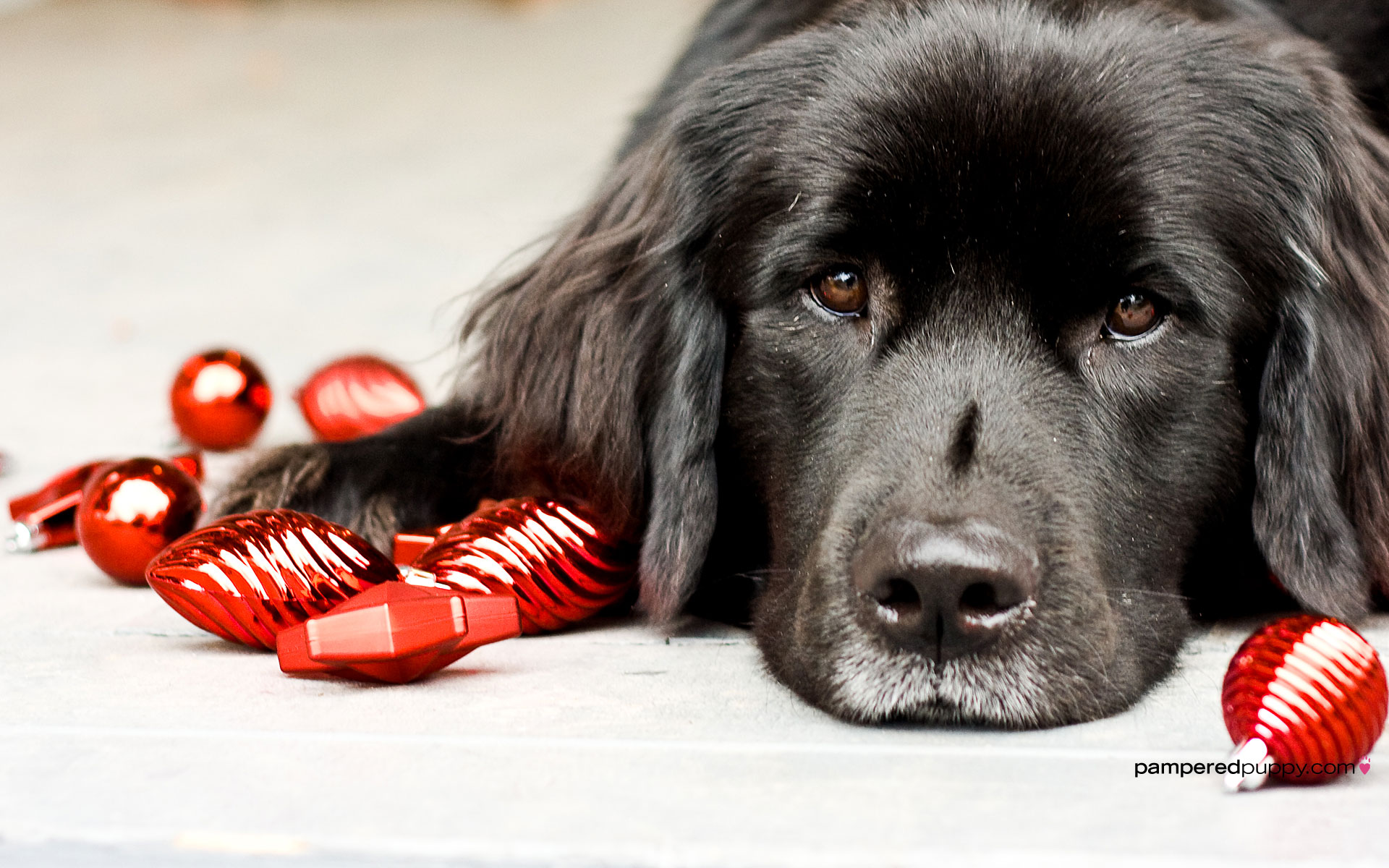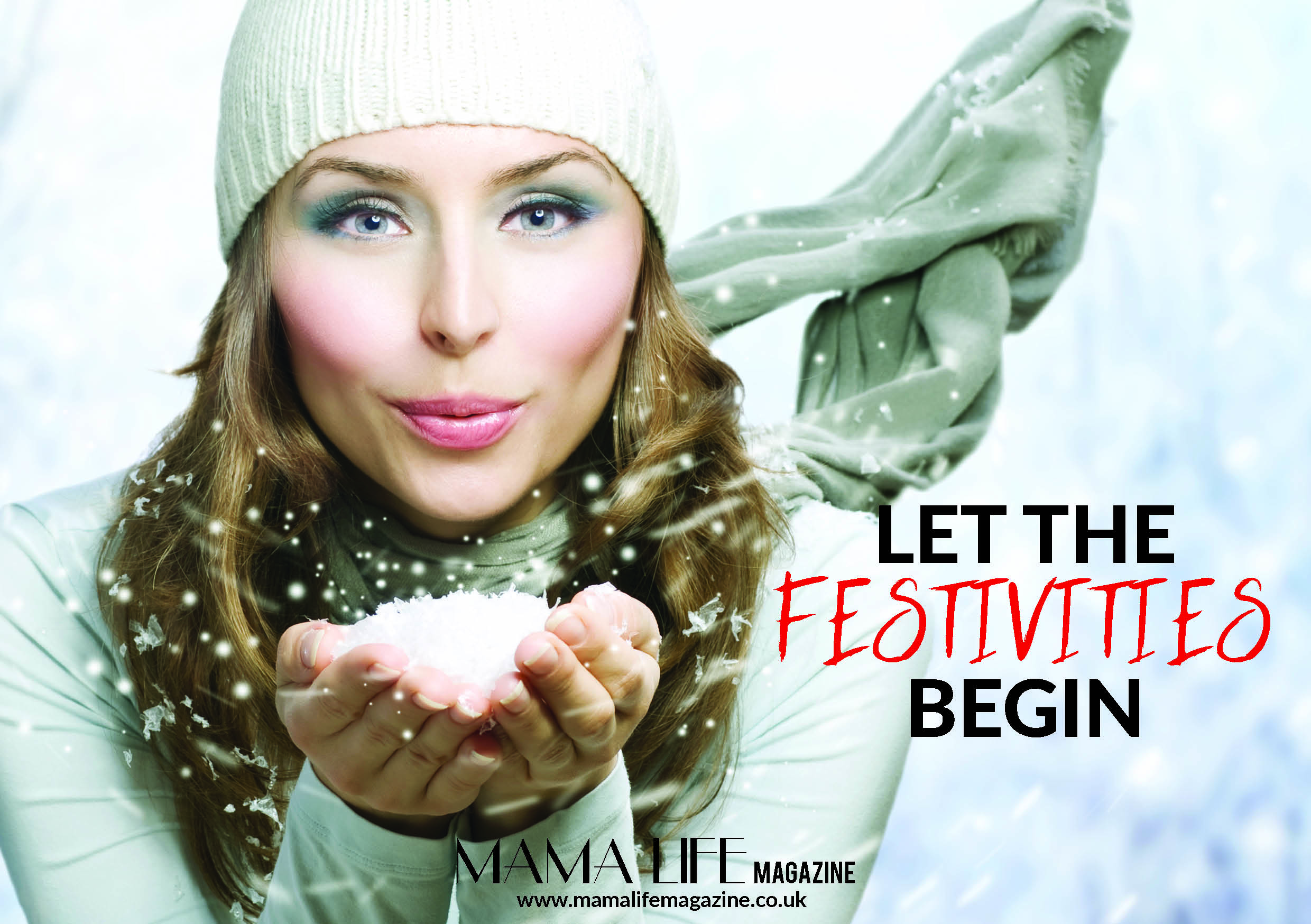While the holiday season is a generally enjoyable time, it can pose some specific risks for your pet. Read on to keep your pet safe and to avoid hefty vet bills (which you probably can’t afford after buying all those pressies!)
Dangerous Foods for Pets
Even though you might be indulging, don’t give your pet the following foods:
Sweets
Since you obviously read our Chocolate Toxicity Blog Post, you know that chocolate is toxic to your pet. There will likely be lots of sweets around during this time, remember to keep sweets away from your pet, especially dark chocolate and those sweetened with the artificial sweetener xylitol.
Does your dog love treats?
Has he or she been known to get into things they shouldn’t? Christmas poses a high-risk time for dogs as chocolates are routinely hanging on the tree.
With a keen sense of smell and a strong appetite, dogs are notorious for getting to those chocolates before the kids do! Chocolate ingestion can result in significant illness and even death.
What is it about chocolate that’s so bad?
Chocolate is made from the cacao bean which contains theobromibe and caffeine. These compounds are metabolized much slower in dogs than in humans. The dog’s body is unable to clear the metabolites quickly, and this results in chocolate’s toxic effects.
The concentration of theobromine in chocolate varies depending on the type of chocolate: the darker the chocolate, the higher the theobromine concentration, the more dangerous the chocolate.
Type of chocolate: Theobromine concentration (mg/100grams)
•White chocolate: 0.9 mg
•Milk chocolate: 155-210 mg
•Dark chocolate: 490-850 mg
How much chocolate is toxic to a dog?
Aggitation, hyperactivity and gastrointestinal signs (drooling, vomiting and diarrhea) can be seen as low as 20 mg/kg of theobromine. Signs of early chocolate poisoning include also increased thirst, panting, rest lessness, excessive urination, fast heart rate, muscle spasms, and sometimes seizures.
In addition to theobromine, chocolates are often high in fat which can lead to painful gastrointestinal upset and sometimes pancreatitis (inflammation of the pancreas.) Chocolates wrapped in foil or plastic pose another problem: obstruction of the GI tract due to non-digestibility.
The Christmas Ham and other fatty foods
Foods high in fat, as well as bones, should not be fed to your pets. These foods can cause painful (and sometimes life-threatening) pancreatitis, gastroenteritis and intestinal obstruction.
Definitely lay off the booze
If your party is a good one, there will be plenty of adult beverages around. Keep alcohol away from pets; If consumed, your animal might become sick and could even go into a coma.
Caution with Decorations
They might be pretty, but some can be dangerous for your pets
Mistletoe
This plant, when ingested, can cause gastrointestinal upset and cardiovascular problems. Also when buying flowers, remember, many varieties of lillies can cause kidney failure in cats if ingested.
The Climbing Cat & The Christmas Tree
If your cat is anything like mine, he’ll instantly try to scale the tree, so make sure it’s securely anchored. Do not let your pet drink from the tree water, it might contain bacteria or harmful chemicals.
Terrible Tinsel
Kitties love to play with this string-like “toy,” but ingesting any of it may lead to an obstructed digestive tract, severe vomiting, dehydration and possible surgery.
Wishing you a safe and merry season with your furry friends.











